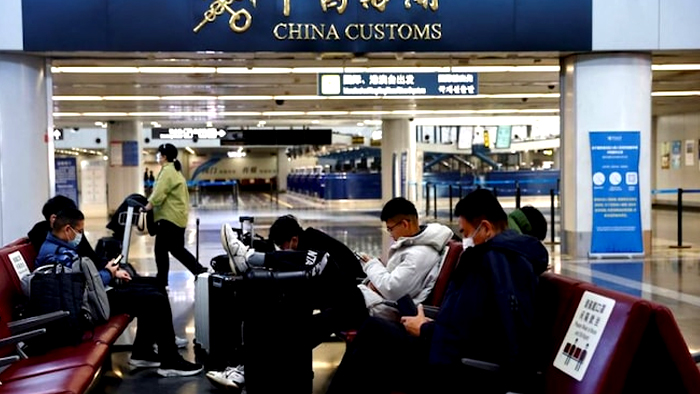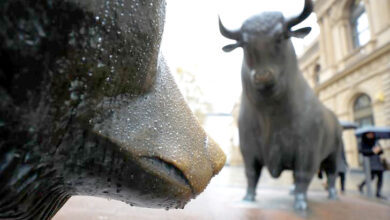As COVID rules get easier, Chinese make travel plans.

People in China have been cut off from the rest of the world for three years because of COVID-19 restrictions. On Tuesday, people rushed to travel sites in preparation for the borders to open again, even though rising infections were putting more pressure on the health system and shaking up the economy.
Since early 2020, China’s economy has been hurt by zero-tolerance policies like closed borders and frequent lockdowns. Last month, the mainland saw the biggest show of public discontent since President Xi Jinping took office in 2012.
Because he changed his mind about his policy this month, the virus is now spreading mostly unchecked across the 1.4 billion people in the country.
Official numbers, on the other hand, showed only one COVID death in the seven days leading up to Monday. This made health experts and residents question the government’s data. The numbers don’t match what happened in countries with a lot less people after they re-opened.
Doctors say that there are five to six times as many people in hospitals as usual, and most of them are older people. International health experts say that millions of people get sick every day and that at least one million people will die of COVID in China next year.
Still, the government is determined to get rid of the last parts of its COVID-zero policies.
The National Health Commission announced late Monday that beginning January 8, China will no longer require travellers entering the country to be quarantined.This is a big step toward easing border restrictions, and Asian stock markets cheered it on Tuesday.
“It finally feels like China has turned the corner,” said AmCham China Chairman Colm Rafferty about the planned lifting of quarantine restrictions.
Within half an hour of the news, the number of searches on the website Ctrip for popular cross-border destinations went up by ten.Ctrip said that people wanted to go to Macau, Hong Kong, Japan, Thailand, and South Korea the most.
Qunar data showed that within 15 minutes of the news, searches for international flights went up sevenfold, with Thailand, Japan, and South Korea at the top of the list.
The health authority said that China’s management of COVID will be changed from the top-level Category A to the less strict Category B on January 8. This is because COVID has become less dangerous.
The change means that the government will no longer have to lock down areas and quarantine patients and their close friends and family.
But even though the gradual return to life before COVID was exciting, it was putting more pressure on China’s healthcare system. cheval cheval cheval cheval cheval cheval cheval cheval cheval cheval cheval cheval cheval cheval cheval cheval cheval cheval cheval cheval cheval cheval cheval cheval cheval cheval cheval cheval cheval cheval cheval cheval cheval cheval cheval cheval cheval cheval cheval cheval cheval cheval cheval cheval cheval cheval cheval cheval cheval cheval
State media said that nurses and doctors were being asked to work while sick, and retired medical workers in rural areas were being hired back to help. Some cities have had trouble getting enough anti-fever medicines.
“Look at all the funeral homes in different cities. Someone in the eastern province of Shandong complained on social media, “I heard that we have to wait in line for three to five days to be cremated here.”
NEAR-TERM PAIN
Even though the world’s second-largest economy is expected to bounce back quickly by the end of next year, it will have a rough time in the coming weeks and months as more and more workers get sick.
Many shops in Shanghai, Beijing, and other cities have had to close in recent days because workers couldn’t get to work. At the same time, many factory workers have already taken time off for the Lunar New Year holidays in late January.
Analysts at JPMorgan (NYSE:JPM) said in a note, “The concern of a temporary supply chain distortion remains as infections affect the work force.” They also said that tracking subway traffic in 29 Chinese cities showed that many people were limiting their movements as the virus spread.
Industrial profits fell 3.6% from January to November of last year, compared to a drop of 3.0% from January to October. This shows how much the anti-virus restrictions put in place last month have hurt, especially in major manufacturing regions.
The $17 trillion economy will benefit from the removal of travel restrictions, but there are some important things to keep in mind.
Dan Wang, chief economist at Hang Seng Bank China, said, “International travel will probably go up, but it could be many more months before it gets back to where it was before the pandemic.”
“COVID is still spreading in most of China, making it very hard to get work done as usual. There has been a big drop in productivity, and inflationary pressures could be high in the coming months because of the sudden rise in demand.





